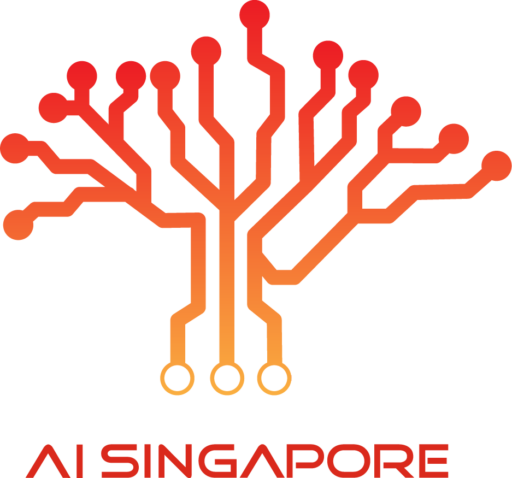AI Governance Research Grant Call 2023
The AI Governance Research Grant Call 2023 aims at funding multi-disciplinary research that reflects novel ideas/visions that are underexplored, and/or also have a clear and significant social impact.
AI Singapore invites proposals in advanced research focusing on the following themes:
Theme One: Trustworthy AI – Should we trust AI?
Transformative technology offers tremendous opportunities but raises ethical concerns and the potential for harm. We invite research that mitigates the risks of AI through promoting fairness, accountability, transparency, ethics, safety, and privacy. Governance is broadly understood to include laws, markets, networks, standards, and other tools.
Theme Two: Trust in AI – Will we trust AI?
The utilisation of AI will be enhanced by faith that the end-to-end process is robust and accountable. We invite interdisciplinary research into understanding the factors that shape perceptions of human-machine interaction, influencing the adoption of beneficial AI.
What are we looking for?
Other Highlights
| Funding (Inclusive of 30% IRC) | Category | Duration | |
|---|---|---|---|
| Tier 1 | $300,000 | Single PI | Up to 3 years |
| Tier 2 | $800,000 | Multiple PI Inter-Disciplinary Inter-Institutional | Up to 3 years |
AI Governance Research Grant Call 2023 is now Closed.
Schedule
| Item | Key Dates |
|---|---|
| Announcement of the Grant Call | 12 April 2023 |
| Opening date for softcopy submission (via portal) | 12 May 2023 |
| Closing date for endorsed proposal submission (via portal) | 30 June 2023 |
| Evaluation and selection of proposals | July – November 2023 |
| Release of outcome and award | November 2023 |
| Project commencement | 1 January 2024 |
Guides & Documents
- AI Singapore – Governance Research Proposal Application Form
- AI Singapore – Grant Call Administrative Guidelines
- AI Singapore Grant Management System (Submitter Guide)
For any enquiries, please contact governance@aisingapore.org .

